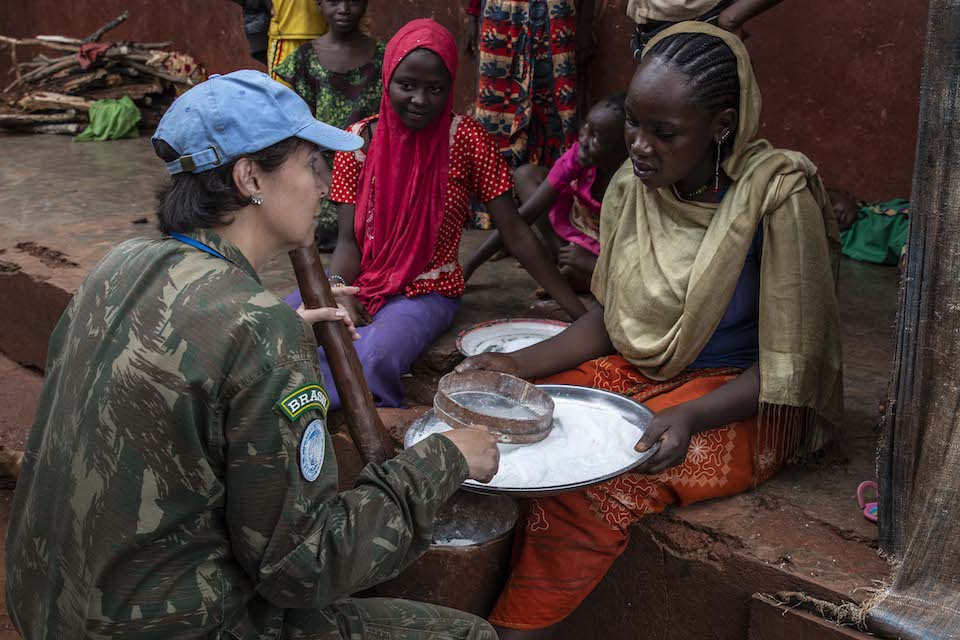Gender impacts of the COVID-19 crisis
Statement by Tom Woodroffe, UK Development Counsellor at the UN, at the high-level event on sexual and gender-based violence

We’ve learned many awful things over the last few months as a result of the COVID crisis, but perhaps one of the most awful is the realisation that it has taken a global health pandemic to drive home – and for many of us to really understand - what civil society and UN colleagues have been warning us all for years. And that is just how unsafe many homes are for women and girls worldwide.
The UK is of course deeply concerned about the significant gender impacts of this crisis and the surge in violence against women and girls. Galvanising action and ensuring accountability across the international community to prevent and respond to this violence has never mattered more. As Natalia described it earlier - it’s a “global emergency”.
So I can assure you that the UK’s commitment to this agenda is unwavering. We recently provided £10m in funding to support UNFPA to address the needs of women and girls impacted by COVID-19 - including maintaining access to gender-based violence support services and sexual and reproductive health services.
And we will continue to push for these issues to be central to the COVID-19 Global Humanitarian Response Plan, including encouraging the addition of a specific objective on GBV – the importance of which this discussion has highlighted. And we join with those calling for women, including survivors, to be front and centre of COVID response efforts.
Finally, in the face of significant upheaval, the UN must continue to ensure that its programs, actions and behaviours remain grounded in respect for human rights, gender equality and the responsibility to do no harm.
This includes upholding commitments and international standards to prevent and address sexual exploitation and abuse in the delivery of international assistance, and ensuring staff are protected from abuse of authority and harassment in the internal handling of the response. We urge timely communication during the pandemic on emerging SEAH risks, hot spots and action taken to address issues of concern, including support to survivors.